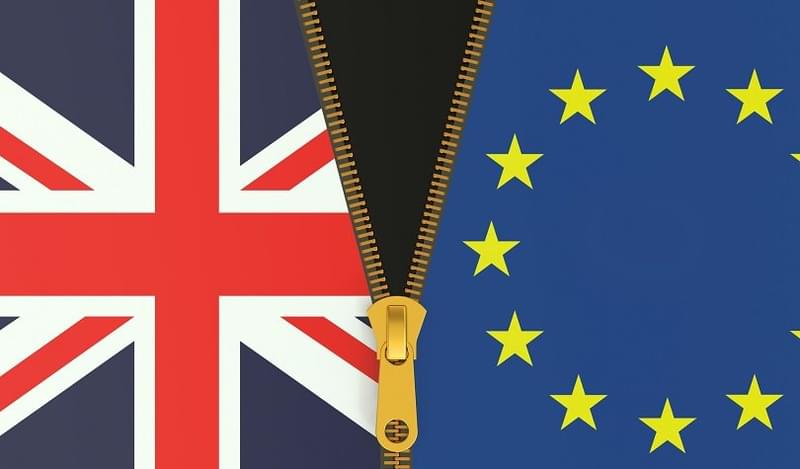In terms of pure politics, the turmoil for the UK and the European Union has just started. David Cameron announced his resignation but we expect the coming weeks and the upcoming Conservative leadership election to be tumultuous for markets and sterling.
Longer-term, our new base case following the Leave vote is ultimately a Norway-style deal for the UK. Many significant and uncertain road blocks lie ahead before such an outcome can come to fruition. First and foremost, with Scotland voting strongly in favour of Remain, there will be pressure to call another referendum regarding its position within the UK. This adds another layer of uncertainty for both the EU and UK specifically. Uncertainty around the future shape of any deal would likely have to run concurrently with the strong possibility of a break-up of the EU and the UK.
Contagion to Europe is possible as conjecture increases about the domino effect and as markets question which other countries may also opt to leave the EU. With the Spanish election looming, we have to wonder if Brexit will give further impetus to the far right in Europe.
Short-Term Implications: More Volatility And More Policy Easing
Turning to markets, we expect the volatility shock to prevail in the short term as sentiment and generalised uncertainty take over from fundamentals. We expect major central banks to step in with outright monetary easing or at the very least provide liquidity. For the ECB, extension of the current QE programme is now a given and the US will not be immune either.
The potential drag on the US economy will call into question the certainty of an interest rate rise in July and even for the remainder of 2016. Using 2008 as a template, we expect usage of swap lines to ease cross-currency funding pressures as liquidity is provided to avoid any possibility of a run on the banking sector.
Focusing on the Bank of England, the central bank is in a very tricky situation. The sharp macro imbalances facing the UK economy - the twin deficits - will continue to play out in the form of sustained pressure on sterling. Indeed, to protect the currency and the country from a balance of payment crisis, we think a sustained QE programme is unlikely to be the correct policy response. A recession is a near certainty and we expect inflation to rise sharply on the back of the weaker currency.
More broadly, the key question facing the markets is whether any central bank actions would be enough to calm the markets. Here a lot will depend on political developments and the extent and scope of any action, which means making precise predictions at this stage is likely to be extremely difficult.
Our Global Macro Views: Japanisation Of Europe Likely To Entrench Further
A Leave vote further strengthens the foundations of our Japanisation of Europe base case as we continue to foresee weak global growth, widespread disinflation and lower interest rates. Already, expectations of central bank action and a safe haven demand surge have pushed government bond yields in advanced economies lower across the board. This is a reflection of the low growth world we are seeing.
Looking ahead, once the dust starts to settle and short-term volatility subsides, we think strong dislocations as a result of the mayhem will start to become visible. Emerging markets will benefit strongly given attractive valuations and next to zero direct sensitivity to the UK vote. EMs will also benefit from additional liquidity provisions from key central banks. This will also likely energise the ongoing demand for yield in a low return world and the need for a fundamentally driven quality based diversification, that is a prudent search for yield.
Politics, Not Politicians In Driving Seat As Europe Is Reconfigured
The implications of the decision by Britain to leave will be far reaching. Europe will likely be reconfigured as a major EU country’s electorate has rejected the status quo. More importantly, there is visible and palpable resentment towards established institutional structures and thinking frameworks. This has been brewing since the 2008-2009 financial crisis and is shaping long-term political outcomes. We think this creates unlimited uncertainty across social, economic, financial and security dimensions and the months ahead will be critical to assessing the direction of this “brave new world”.





